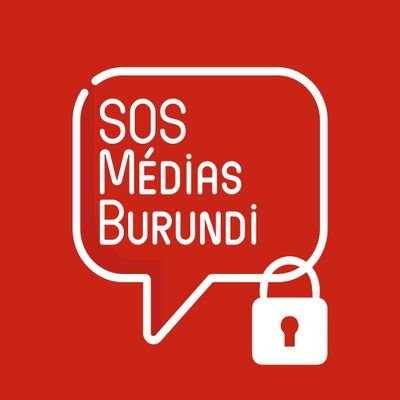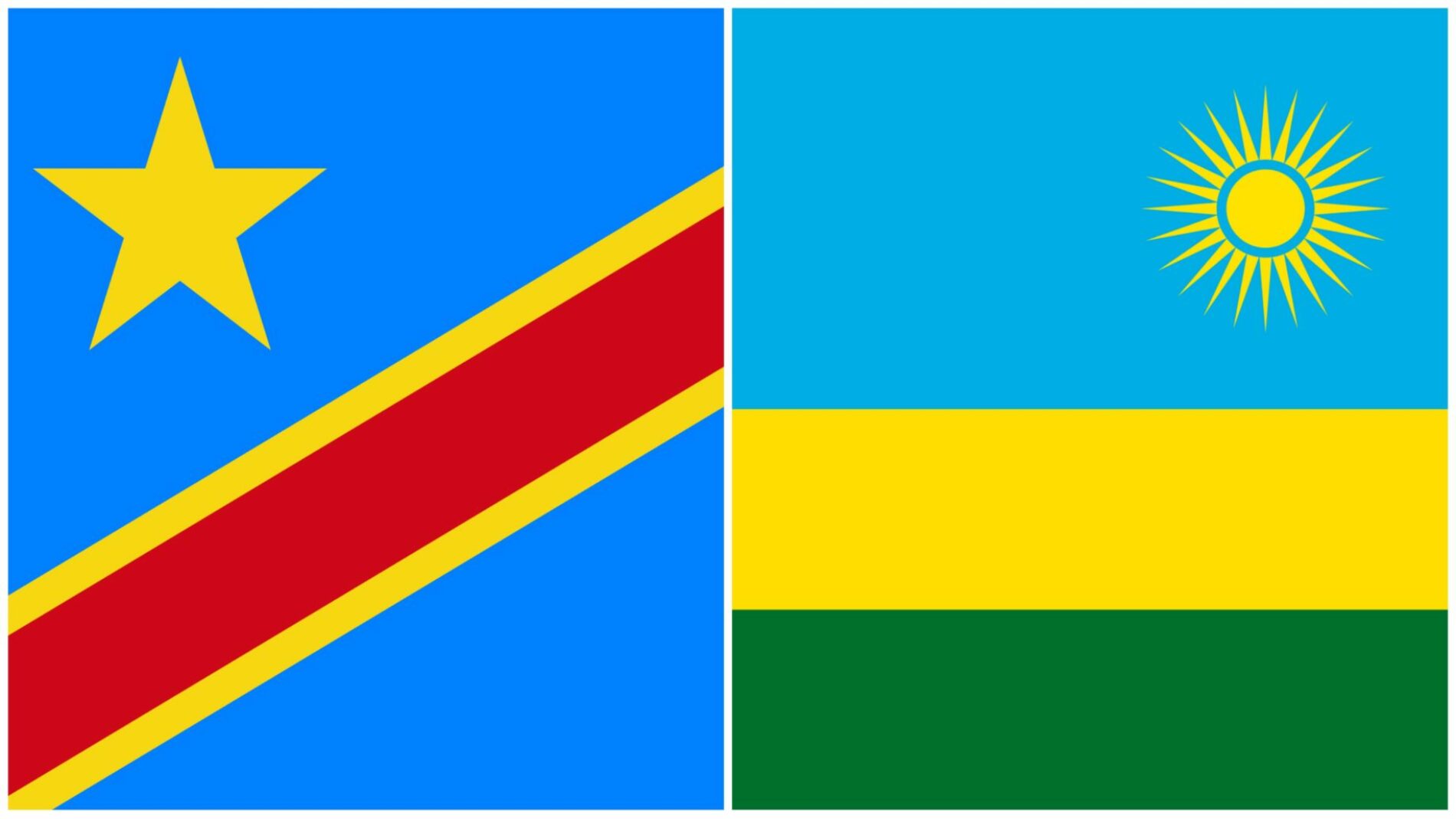Rwanda-DRC: DRC accuses Rwanda of planning a massacre of Congolese Tutsis in order to find an alibi to invade (press release)
In a press release, the Congolese army again accuses the Rwandan army of having sent troops to the province of North Kivu (eastern DRC) to occupy certain areas of this province. The FARDC (Armed Forces of the Democratic Republic of Congo) say “without providing evidence” that Rwanda wants to kill Congolese Tutsis to find an alibi justifying its interventions in Congo. INFO SOS Médias Burundi
The accusations were made this Saturday in a document released by the Congolese army. The FARDC accuse the Rwandan army of “the Kishishe and Bambu massacres in Rutshuru territory”, killings that took place late in November 2022 and attributed to the armed group M23. The Congolese authorities gave a death toll of 272 civilians, the UN speaking of 131 dead.
“After the massacres of the civilian populations in Kishishe and Bambu, convincing facts and precise information indicate the presence today in Masisi of an expeditionary force of the special forces of the Rwandan army responsible for committing another targeted massacre against Congolese Tutsis,” reads the statement signed by the Major General Ekenge Bomusa Efomi, FARDC spokesperson.
He explains the objective is to attribute these despicable acts to the FARDC and to “find a convincing alibi to justify to international opinion the presence of the troops of the Rwandan aggression in the DRC”.
The Congolese army also accuses the Rwandan army of having actually taken the city of Kitchanga, which fell into the hands of the rebels on Thursday evening.
“The relentlessness of the Rwandan army on Kitchanga and the other agglomerations of the territory of Masisi aims to engage in this dirty work and constitutes the clear will of the Kigali regime to commit yet another pogrom as usual [.. .]”, the press release adds.
The M23 rebels had agreed to observe a ceasefire last month. But fighting has resumed recently between them and the Congolese army.
This Thursday, they took Kithanga, a city located some 80 kilometers northwest of Goma, capital of North Kivu.
This Thursday, the M23 explained that it was forced to resume hostilities to “stop an ongoing genocide against Congolese Tutsis in eastern Congo”.
The former Tutsi rebellion, which took up arms again at the end of 2021, accusing the Congolese authorities of not having respected its commitments on the reintegration of its fighters, is made up of Congolese Tutsis. The Congolese authorities remain convinced that it is supprted by Rwanda, which the Rwandan government continues to deny.
Rwanda, for its part, has always accused the FARDC (Armed Forces of the Democratic Republic of Congo) of “collaborating with the FDLR genocidaires” with the aim of “destabilizing its territory”.
But Congolese President Félix Tshisekedi, who on several occasions has accused his Rwandan counterpart Paul Kagame of “supporting the rebels”, believes that “the FDLR no longer represent a threat to Rwanda”, designating them as “a residual force reduced to banditry”.
Since mid-June 2022, the M23 rebels have controlled several localities in the province of North Kivu, including Bunagana, the border city with Uganda. The rebel group had agreed to observe a ceasefire recently and to comply with the Luanda (Angola) and Nairobi (Kenya) agreements. These agreements speak in particular of the withdrawal of the rebels of the March 23 movement from the areas under its occupation. The rebellion accuses the regular army of having violated the ceasefire agreement “by attacking our positions and killing innocent civilians”.
On Thursday, the Rwandan minister for foreign affairs told the Rwandan parliament that “Rwanda’s only enemy in the sub-region is the DRC”.
Vincent Biruta accused the DRC of “collaborating with the Rwandan genocidaires FDLR by providing them with uniforms, arms and ammunition”.
The Rwandan authorities have recently multiplied communications on the question of the Rwandophone communities living in the DRC, almost all of them Congolese Tutsis who, “seems to have been forgotten by the international community”, according to the Rwandan government, which also criticizes the international community for “pampering the Congolese leaders to protect their interests” and to “pay lip service to peace”.
In a statement, the facilitator in the Congolese crisis, the former President of Kenya Uhuru Kenyatta called for “a ceasefire” and “restraint”, after Rwandan army fire hit a plane of the Congolese army on Tuesday evening.
Recent hostilities have pushed more than 60,000 civilians to flee their homes, according to civil society in Masisi.

